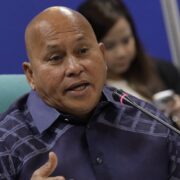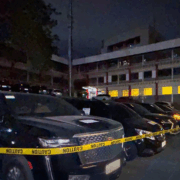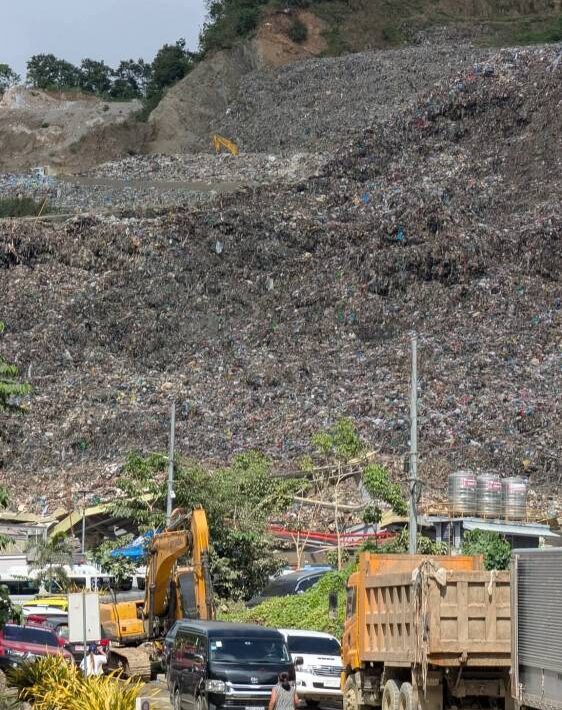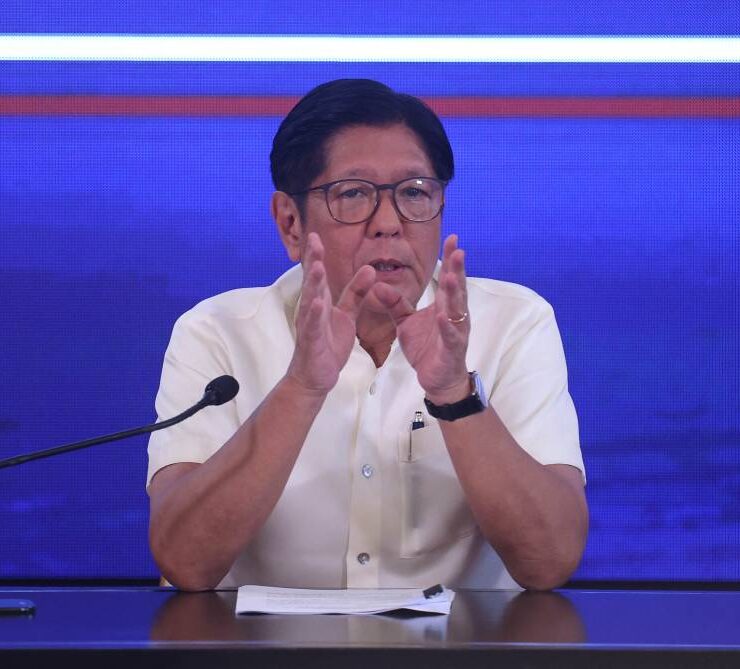New era of upheaval as Trump returns
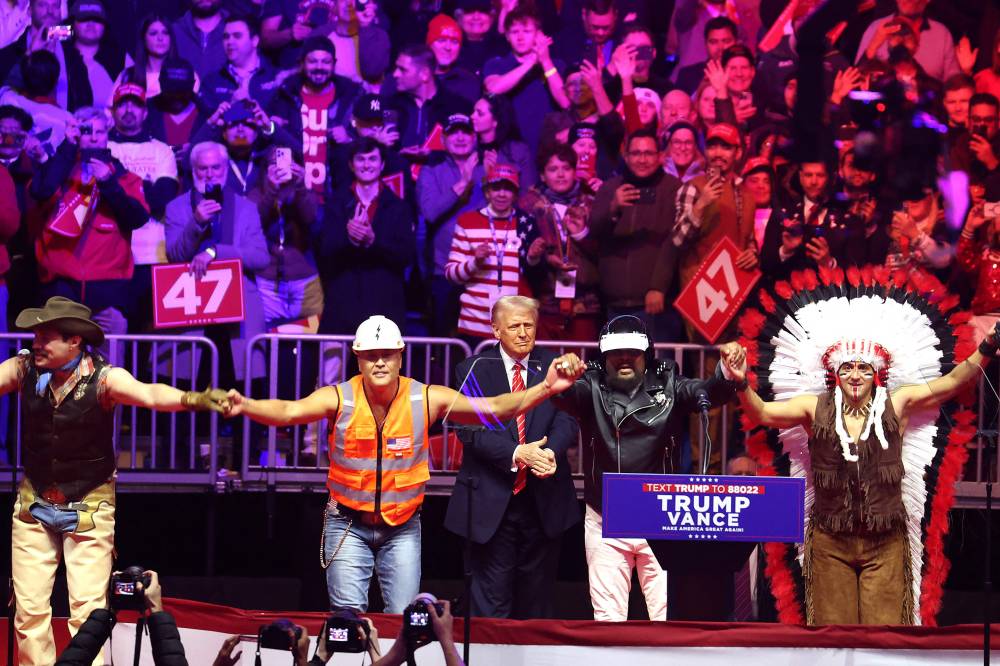
WASHINGTON—Donald Trump was sworn in as US president on Monday (early Tuesday in Manila), ushering in another turbulent four-year term with promises to push the limits of executive power, deport millions of immigrants, secure retribution against his political enemies and transform the role of the United States on the world stage.
Trump’s inauguration completes a triumphant comeback for a political disruptor who survived two impeachment trials, a felony conviction, two assassination attempts and an indictment for attempting to overturn his 2020 election loss.
The ceremony took place at noon (1700 GMT or 1 a.m. of Jan. 21 in the Philippines) inside the Rotunda of the US Capitol, four years after a mob of Trump supporters breached the symbol of American democracy in an unsuccessful effort to forestall the Republican Trump’s 2020 defeat to Democrat Joe Biden. The swearing-in was moved indoors for the first time in 40 years due to the extreme cold.
Trump, the first US president since the 19th century to win a second term after losing the White House, has said he will pardon “on Day One” many of the more than 1,500 people charged in connection with the Jan. 6, 2021, attack.
That promise is among a flurry of executive actions concerning immigration, energy and tariffs that Trump intends to sign as soon as Monday after taking the oath of office. At a campaign-style rally on Sunday in Washington, Trump vowed to impose harsh immigration restrictions on his first day.
Disruptive force
As he did in 2017, Trump enters office as a chaotic and disruptive force, vowing to remake the federal government and expressing deep skepticism about the US-led alliances that have shaped post-World War II global politics.
The former president returns to Washington emboldened after winning the national popular vote over Vice President Kamala Harris by more than 2 million votes, thanks to a groundswell of voter frustration over persistent inflation, though he still fell just short of a 50 percent majority.
In 2016, Trump won the Electoral College—and the presidency—despite receiving nearly 3 million fewer votes than Hillary Clinton.
Jeremi Suri, a presidential historian at the University of Texas at Austin, compared the present era to the late 19th century, when Grover Cleveland became the only other president to win nonconsecutive terms. Like now, he said, that was a time of upheaval, as industrial advances transformed the economy, wealth inequality exploded and the proportion of immigrant Americans reached a historical peak.
“What we’re really talking about is a fundamentally different economy, a fundamentally different country in terms of its racial and gender and social makeup, and we are as a country struggling to figure out what that means,” he said. “It’s an existential moment.”
Trump will enjoy Republican majorities in both chambers of Congress that have been almost entirely purged of any intraparty dissenters. His advisers have outlined plans to replace nonpartisan bureaucrats with handpicked loyalists.
Even before taking office, Trump established a rival power center in the weeks after his election victory, meeting world leaders and causing consternation by musing aloud about seizing the Panama Canal, taking control of Nato ally Denmark’s territory of Greenland and imposing tariffs on the biggest US trading partners.
‘Hell to pay’
His influence has already been felt in the Israel-Hamas announcement last week of a ceasefire deal. Trump, whose envoy joined the negotiations in Qatar, had warned of “hell to pay” if Hamas did not release its hostages before the inauguration.
Trump claimed during the campaign he would end the Russia-Ukraine war on his first day, but his advisers have acknowledged any peace deal will take months.
Unlike in 2017, when he filled many top jobs with institutionalists, Trump has prioritized fealty over experience in nominating a bevy of controversial Cabinet picks, some of whom are outspoken critics of the agencies they have been tapped to lead.
He also has the backing of the world’s richest man, Elon Musk, who spent more than $250 million to help get Trump elected. Other billionaire tech leaders who have sought to curry favor with the incoming administration, such as Amazon’s Jeff Bezos, Meta’s Mark Zuckerberg, Alphabet’s Sundar Pichai and Apple’s Tim Cook, will join Musk in attending Monday’s ceremony, according to Reuters and other media.
Trump said on Sunday he will travel to California on Friday to visit fire-ravaged Los Angeles County.
Reuters, the news and media division of Thomson Reuters, is the world’s largest multimedia news provider, reaching billions of people worldwide every day. Reuters provides business, financial, national and international news to professionals via desktop terminals, the world's media organizations, industry events and directly to consumers.




